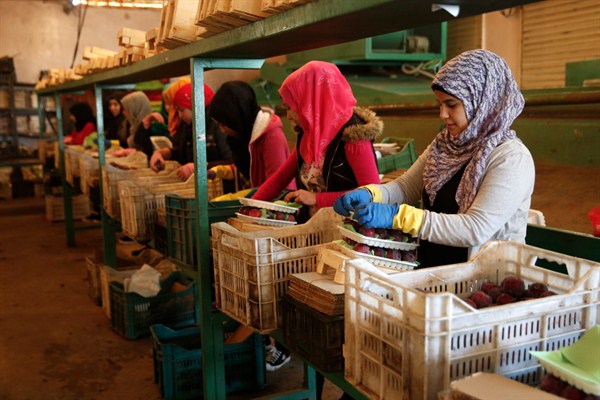Recent signs of increased economic cooperation in the Levant, especially among Jordan, Egypt and Iraq, are sparking hope that past failed efforts to establish a regional free trade agreement may soon be revived. A bilateral trade deal between Jordan and Iraq signed in February, as well as a trilateral leaders’ summit held in Egypt earlier this year, suggest that these countries are looking to diversify their economic portfolios, deepen regional cooperation and get a leg up on post-ISIS reconstruction efforts in Iraq and Syria. However, a number of obstacles remain before these recent developments could conceivably catalyze the resurrection of a free trade agreement, or FTA, for the region.
Efforts to forge an FTA among countries in the Levant date back more than a decade. After years of negotiations, Syria and Turkey signed the region’s first bilateral FTA in 2007 and quickly began talks to expand the deal to include Jordan and Lebanon, forming what is now referred to as the Levant Quartet. In 2010, these four countries formed the Close Neighbors Economic and Trade Association Council with the goal of establishing a regional FTA within the next five years.
These initiatives, in addition to a string of bilateral trade deals signed among the members of the Levant Quartet plus Iraq, were driven by political as well as economic considerations. Syria and Lebanon were anxious to normalize relations with their neighbors, and Turkey was looking for partners to defend against the threat posed by Kurdish separatists. However, the regional FTA ultimately never fully materialized due to the political instability that followed the Arab Spring protests of 2011 and the international sanctions subsequently imposed on Syria.

